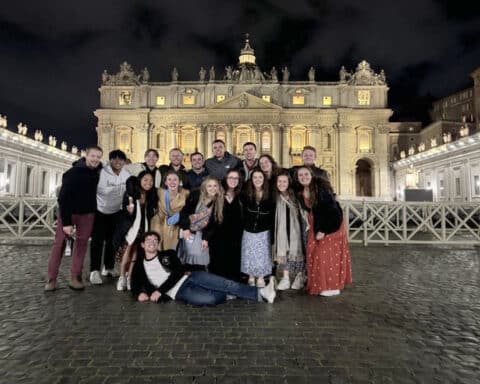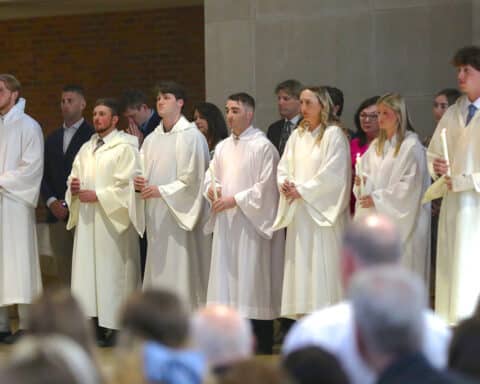Until just a few short years ago, the use of online classrooms and distance learning was still a relatively rare phenomenon. Most of the time, this was done at specialty institutions with a focus on virtual learning and was uncommon at most colleges and universities. The restrictions resulting from COVID-19, as well as the ready availability of virtual meeting programs like Zoom, Skype and the like, have resulted in a much more widespread use of virtual learning situations. Catholic institutions of higher learning are no exception.
Read more from our special college section here.
Although COVID restrictions are being lifted all over, the benefits of having distance learning available have become apparent, and most schools are retaining virtual options. At The Catholic University of America (CUA), for example, they are continuing to offer online courses that were taught pre-pandemic and are exploring offering additional online courses in the future. Faculty are encouraged to exercise flexibility for in-person classes, for example, and allow students who need to quarantine to attend class remotely.
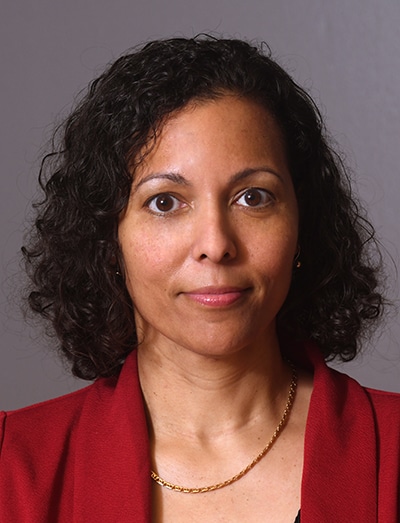
“Some students and instructors may have personal preferences for online learning, but keeping students engaged remains a challenge for online modalities,” said Angela McRae, associate dean of online learning and instructional innovation at CUA.
Faculty have grown accustomed to the use of online classrooms and other resources, and are encouraged to integrate technology in their courses regardless of whether it is taught in-person, online, or a hybrid of the two.
“Many faculty who taught online during our period of emergency remote instruction were doing so for the first time and underwent extensive preparation during the summer of 2020,” McRae said. Those who want to continue teaching online will be supported and assisted by the university, “as it is important they receive resources for both pedagogy and technology in order to provide a high quality learning experience for students.”
Success with online programs
While traditional on-campus programs have returned to in-person learning, the University of Mary in Bismarck, North Dakota, has been offering a number of degree programs and professional certificates online.
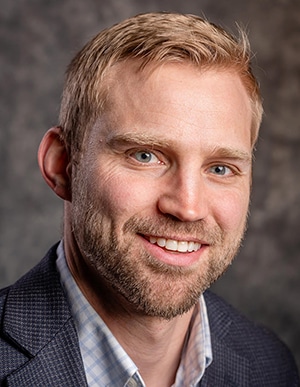
“While we have, and always will, teach students in a traditional on-campus setting, we also provide affordable educational opportunities to those who cannot be physically with us,” said David Echelbarger, assistant vice president for academic affairs and associate professor of philosophy at the University of Mary.
Online learning has been a great success at the university, even with certain degree programs that require a certain amount of in-residence instruction, such as nursing. Some programs, including business, are available completely online and have been since before the pandemic.
Many of the university’s doctoral programs bring the students together for a week in the summer “to build community and to engage content that is best delivered and learned in person,” said Diane Fladeland, vice president for academic affairs. This belies a recognition at the university of the importance of in-person elements for the campus community, particularly at a Catholic institution.
“Our campus is a vibrant place,” Echelbarger said. “It was devastating to see our chapels empty and to not be hosting our regular Catholic studies events. We missed the spontaneous conversations about the questions that matter most in life.”
At the same time, there is a recognition and deep appreciation of the vistas that are opened up by technological and pedagogical innovations that the online programs offer. And overall, attendance at Mass, praise and worship, and other such events on campus continues to grow, even with the availability of online educational opportunities.
“Online learning provides us with a tremendous opportunity to extend our apostolic impulse beyond our physical campus,” Echelbarger said. “Offering specific programs online allows us to prepare Catholic professionals to be leaders in their field, to assist them along their journey as women and men with moral courage and skills needed to live out the gospel, through their vocations.”
Kari Bernhardt is currently enrolled in the doctor of nursing practice program at the University of Mary. This program involves online elements, including Zoom meetings, question-and-answer sessions and content presentation, plus physical practice and application of learned skills in-person. She said there are challenges to online learning, particularly the inability to ask questions in real-time. However, she said the professors are invested in their students’ success and do whatever they can to help them, regardless of modality.
According to Bernhardt, the university’s Catholic identity is still upheld even in the online learning context. Each class begins with a prayer, and those who are learning remotely are encouraged to come to campus to participate in campus liturgies and other community events. Many of these events are even live-streamed for the benefit of those who cannot make it to campus.
Preference for in-person education
At Christendom College in Front Royal, Virginia, the experience of online learning has been more poorly received. After a six-week remote learning program in 2020, many students stated they would not return for the fall semester unless the college returned to in-person education.
“Though those students very much valued their classes and the wisdom offered by their professors, they expressed to me that their investment of four years at Christendom was worthless without its community,” said Mary Ellen Stanford, adjunct professor of theology. “The living presence of fellow seekers, journeying together toward an understanding and appreciation of truth and beauty, was indispensable for them.”
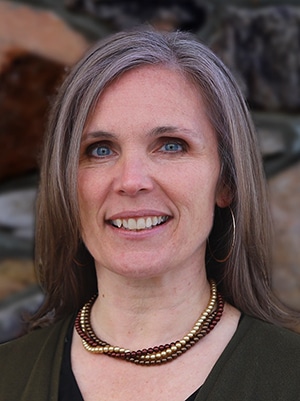
“Those who suggest that remote learning is a viable substitute for in-person education may be missing some truths about the very nature of education itself,” Stanford said. Rather than a kind of product to be purchased, at Christendom education is seen as a good in itself, with pursuing for its own sake.
“To be an ‘educated’ person is to be a being who has actualized his potential, whose distinctly human capabilities of knowing and loving have developed more fully,” she continued. And this happens through encounter, between persons — persons of the past, and of the present.
“We have nearly two decades of internet experience to see that discussion and debate removed from bodily encounter tends to devolve into one of two directions: the selective engagement and straw-man dismissals of the cruel and faceless comment boxes on the one hand, and self-affirming online echo chambers on the other,” Stanford said. “Only face-to-face encounter forces us to be vulnerable,” forcing us to face difficult questions and think for ourselves on our feet.
In spite of the challenges presented by online learning opportunities, it is a phenomenon that will by no means disappear with the end of pandemic restrictions.
Paul Senz writes from Oregon.



